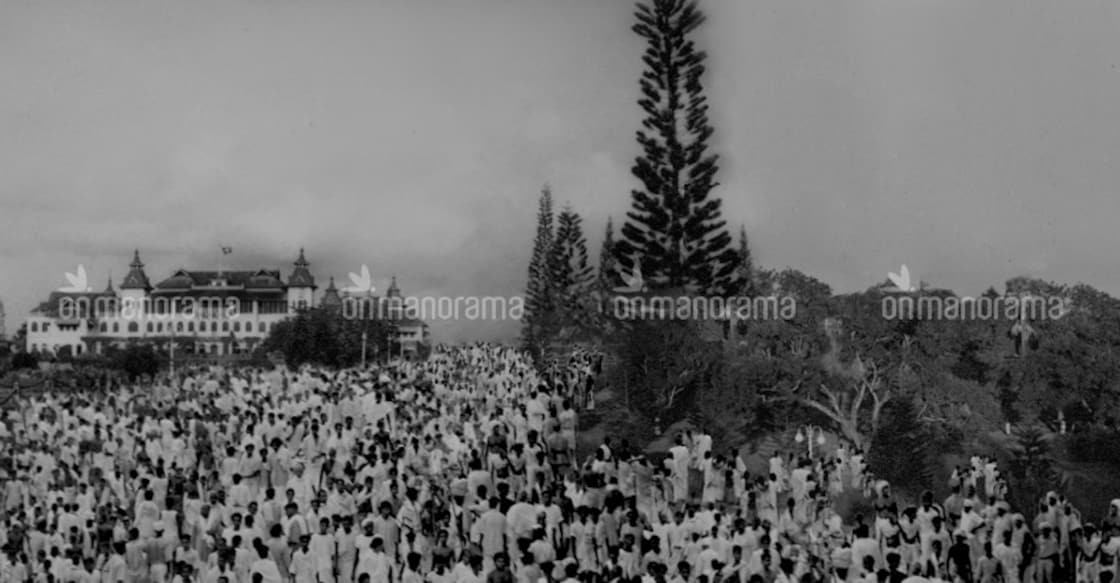State plans it big on 'Temple Entry Proclamation anniversary'

Mail This Article
Kozhikode: The 82nd anniversary of the revolutionary Temple Entry proclamation, which falls on November 12, could not have come at a more opportune time for the state government that had been trying to equate the entry of women into Sabarimala with early 20th century renaissance movements.
The Supreme Court verdict on September 28 allowing women of all ages to enter Sabarimala has polarised the state like never before. While the government has welcomed the order, an increasingly strident section of Hindus are hell-bent on preventing the government from implementing the order. Even young women journalists have been harassed, and some even assaulted, by those opposing the Supreme Court verdict.
Given this charged atmosphere, the state now wants to hardsell women entry into Sabarimala as the next step of the Temple Entry proclamation that allowed lower caste Hindus to enter temples in Travancore. The government wants to take forward the Supreme Court argument that the bar on women in Sabarimala is a form of untouchability. And what better platform to propagate the message than the anniversary of a revolutionary proclamation that allowed untouchables into temples. A wide range of events are organised for five days, starting from November 9. Chief minister Pinarayi Vijayan will inaugurate the celebration in VJT hall, Thiruvananthapuram.
The state-wide event is jointly organised by Information and public relations department, cultural affairs department and archives and archaeology departments. An exhibition displaying 100 important documents, which were milestones in the history of temple entry would be the highlight of the event. Speeches and cultural programmes would be organised as part of the event. A special folk song series composed by CJ Kuttappan, former chairman of folklore academy is another attraction. Songs that eulogise the revolution in the state would be included.
Apart from the cultural programmes, free copies of the Supreme Court judgment as well as the 'Navodhana Keralam' would be distributed in huge numbers among the common public. The books are printed and ready for distribution, according to officials from the departments. The government would also use social media to a great extent to educate the users, both on Facebook and WhatsApp that have more users in Kerala.
The revolutionary play 'Adukkalayil Ninnu Arangathekku' (From the Kitchen to the Stage) written by VT Bhattathirippadu would be staged in the state capital, as part of the celebration. This particular play written in 1930, had challenged Brahmin orthodoxy. The Sabarimala issue turned worse after the 'tantri' family and the Pandalam royals said the temple would be shut down if customs are violated. After the 'shut down' threat, Chief minister Pinarayi Vijayan had declared an all out war.
A documentary featuring the malpractices that existed in the state would be ready in two days, to be prepared by directors in the public relations department itself. The documentary will show how the state eradicated age-old traditions that promoted untouchability for people from lower castes.
Apart from the celebrations in the coming days, the weekly programme in Doordarshan Malayalam channel, with the chief minister as the guest – 'Naam Munnottu' would be broadcast in all the other channels in the coming days in different slots. The recent two episodes are on the Sabarimala issue. With the support of parallel interactive and educative programmes by the CPM across the state with the support of cultural and social leaders, the government hopes to clear the confusion prevailing among the people regarding the entry of young women to the temple as well as the supreme court verdict.


